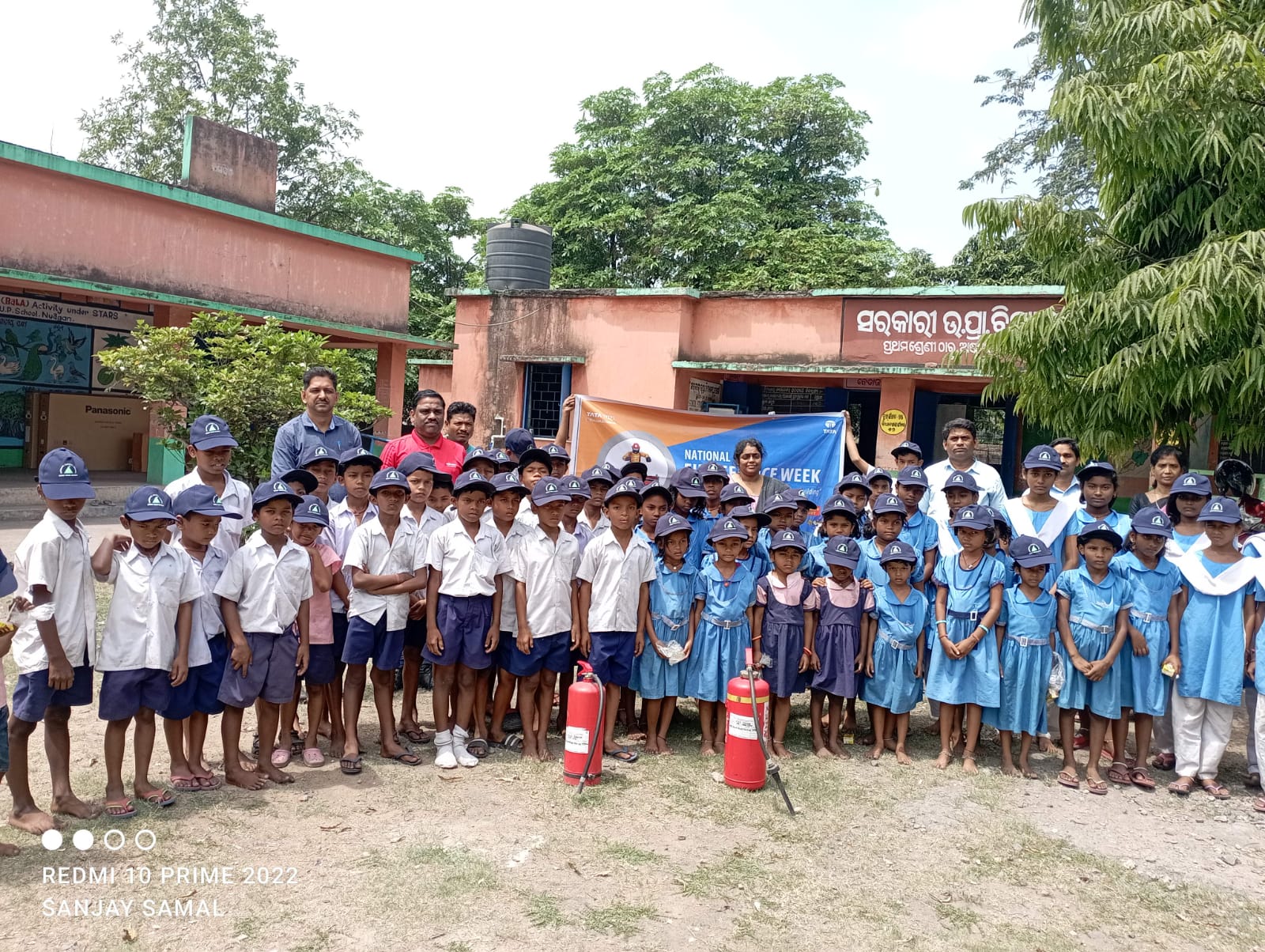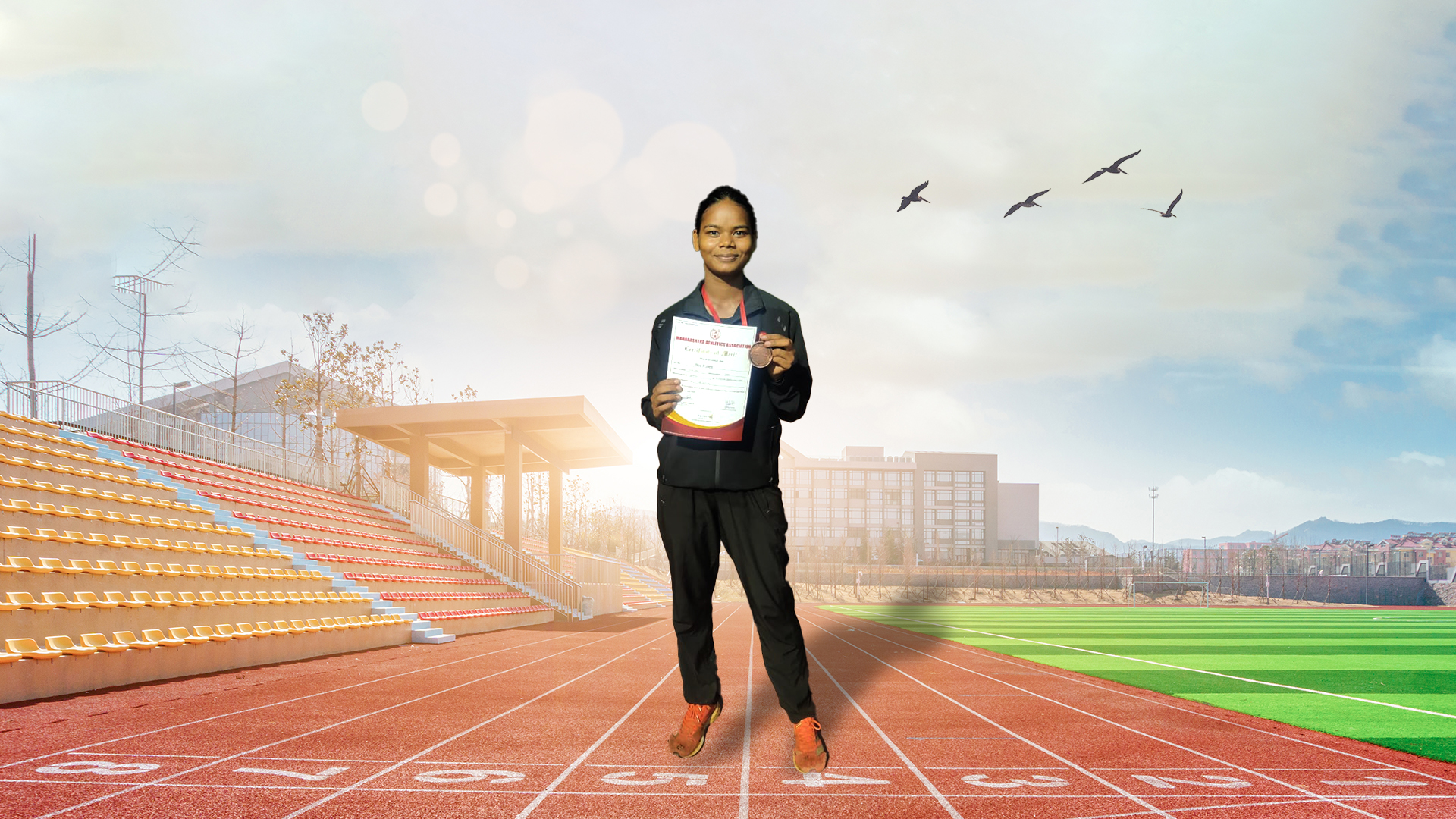Subscribe our Weekly Newsletter
RFP-Evaluation of Smallholder Adaptive Farming and Biodiversity Network (SAFBIN) Programme

Organization: Caritas India
Apply By: 15 Apr 2021
Request for Service Tenders for Mid-Term Evaluation of Smallholder Adaptive Farming and Biodiversity Network (SAFBIN) Programme in Bangladesh, India, Nepal and Pakistan
About the Organization:
Caritas India, founded in 1962, is the official development arm (registered under the Societies Registration Act XXI 1860 of the Catholic Churches in India. Caritas India has been unique in their strategic responsiveness to emerging social challenges in international and national levels by engaging with social researchers, proponents and the policy makers. Their mission is restoration of human dignity of the poor and marginalized by partnering with intermediary organizations in extending support and facilitation and advocating for the rights of the people.
Programme Background:
SAFBIN is an action research programme led by Caritas Organisations of Bangladesh, India, Nepal and Pakistan and supported by Caritas Organisations in Austria, Italy, Luxembourg and Switzerland.
The future of agriculture is in the hands of smallholder farmers. They are not only the target group of SAFBIN but they are the solution. Small-scale farmers are becoming researchers in their own farms. They exhibit higher productivity and cropping intensity while using the simplest means like improved varieties, shifting of sowing dates, seed banks etc. and contribute to reduce consumption of resources for achieving higher income and resilience to climate change.
Impact:
- To contribute to SDG2: End hunger, achieve food security and improved nutrition and promote sustainable agriculture in South Asia
Expected outcomes (OC):
- Food and Nutritional Security and Resilience of Small holder farmer families improved
- Income of the smallholder farmer families have increased
Outputs (OP)
- Resilient and capacitated Small farm households increased farm production and surplus with adaptation to climate change and disaster while maintaining ecosystem and soil health (merger of former outcomes 1 and 4, except for Value chain outputs 1.2 & 1.3)
- Improved capacities of small farm households to consume a balanced diet (former outcome 2)
- Smallholder farmers enhanced their land tenure security and access to water, seed, entitlements and knowledge (former outcome 3)
- Increased dialogue around Small farmers in policy and actions (around research, extension and technology development) forums (former outcome 5)
- Value chain of Small-Farm-Agri-Foods (SFAF) developed with their sustainable production & consumption (former outcome 6)
Objectives of the Evaluation:
The main objective is to inform on the Relevance, Effectiveness, Efficiency, Sustainability and Impact of the programme in the first three years and to give recommendations on possible advantageous adaptations. The evaluation team shall furthermore analyse the following points:
- What was the added value of the regional aspect of the programme
- Identifying scope of future intervention and future areas; elaborate recommendations for eventual similar interventions in the future
- COVID impact and how the team and communities overcome it
Main Deliverables:
- Draft Reports (Each evaluator will deliver the one country report)
- Final Report (Each evaluator will deliver the one country report)
Quality of the Final Evaluation Report:
The final report should be based on the following broad based criteria:
- Evaluation report will be submitted on the prescribed format
- All the observations and recommendations should be based on the documented factual evidences
- The report should not exceed 25 pages (5 page Summary + 20 page Report)
- Standard units, measuring specifications and referencing should be adopted in the report
Management and Steering of the Evaluation:
- Caritas Austria South Asia Regional Enablers (SARE) will manage and steer the evaluation process. SAFBIN team at the Programme Team Organisation in each country will coordinate and facilitate the visits of the evaluators in their respective country.
Reporting Requirements:
Each country level evaluator should be in regular touch with SARE and Programme Team Organisation in their respective country for any matters pertaining to the assignment. He shall deliver:
- Draft Reports (Beginning of May, 2021)
- Final Report (Mid of May, 2021)
- Consolidated evaluation report by SARE – End of May, 2021
For more information please check the Link
Latest Online Store
Latest Grants
© Renalysis Consultants Pvt Ltd


























